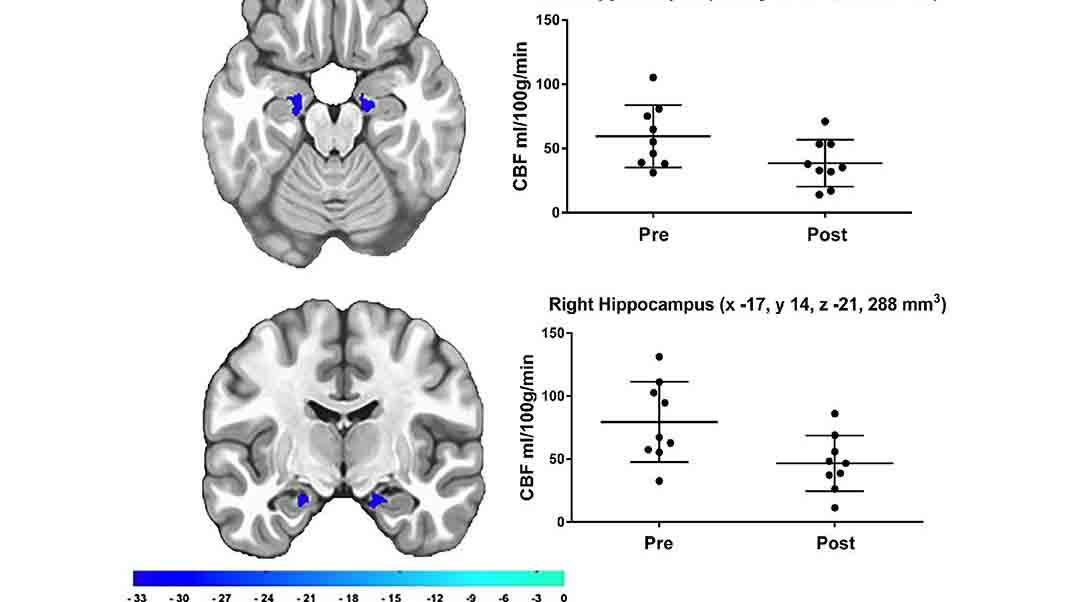Derek Beres
Derek Beres is a freelance writer. Based in Portland, Oregon, he has served in senior editorial positions at a number of tech companies and has years of experience in health, science, and music writing. He is the co-host of the Conspirituality podcast and co-author of Conspirituality: How New Age Conspiracies Became a Health Threat.

Artists who become famous for their children’s work get relegated to the ‘sunshine and candy’ category of our minds. But it turns out Dr. Seuss had serious political bite.
Biomechanist Katy Bowman argues that our fitness mindset has environmental consequences in her new book, Movement Matters.
Philip Morris is looking to wind back manufacture of its traditional cigarettes in favor of e-cigs. Why? Because the younger demographic is hooked.
New research at MIT might be a game-changer for Alzheimer’s. But you don’t have to wait to strengthen your brain’s memory system.
Oakland and San Francisco recently passed taxes on sugar beverages. Is the entire nation next?
As the US prepares for a change in power, Professor Sanford Levinson says dialogue that was formerly bound to people’s inner monologue has been “liberated” into the public space.
If we want true greatness, let’s move toward a sustainable nutrition program that does more than throw trans-fat labels on processed foodstuffs.
Now that the stretch between Thanksgiving and the New Year is upon us the litany of fitness excuses rolls out. Gyms will be sparse, with crowds flocking on certain days […]
Attempts to unite religion and science are not new. A big part of the challenge is finding the right language to draw parallels with, and physicists have been especially willing to walk this line.
During a time of division and fear, the Buddhist path offers insights into surviving and uniting.
Donald Trump directly contradicts the biblical notion of charity. Yet Evangelicals, Mormons, Protestants, and White Catholics overwhelmingly voted for him.
Trump’s impending presidency has left marijuana advocates with fingers crossed on one hand, with the other ready to flush the toilet at a moment’s notice.
While cult leaders are alive and well, nowhere is this trend more apparent than in the vegan food industry.
From addiction recovery and disaster relief to thetans for athletes, Scientology uses non-profit charitable causes to promote its agenda.
The longer you roll that dice, the higher the chance that a DNA mutation spawns a cancerous cell. The researchers on this study likened it to playing Russian roulette; sooner or later, there’s one in the chamber.
As John B Judis writes in The Populist Explosion, this sort of uprising has been with us for years.
As a number of states decide the fate of legalized and medical marijuana next week, John Hudak looks back at the history of public policy.
There is a new wellness trend emerging in South Korea – experiencing your own funeral. While at first this sounds twisted, in truth this ritual utilizes what other cultures have long known.
Anti-Islam fervor has overlooked important artistic contributions made by Muslim artists around the world.
When companies hide algorithms from public view, the data are used for destructive purposes, warns Cathy O’Neil in her new book.
Just imagining movement fires the same neurons as if we were actually moving. A new study shows we can wake our sleeping mind to practice motor skills in our dreams.
Christopher Hitchens argued that religion makes humans “extremely self-centered.”
In ‘All the Real Indians Died Off,’ two scholars take longstanding myths about Native Americans to task.
Dreams might be a whole lot sexier than we thought – but not because of their narrative content. Neurologist Patrick McNamara’s theory links the biological changes in our brains during sleep to human’s inherent desire to procreate.
If Will Allen’s documentary, Holy Hell, teaches us one thing, it’s that there’s no easy answer.
Our inherent response mechanisms were programmed long ago; implicit biases are reactionary, volatile, largely under the radar of conscious awareness. They do not imply blanket racism.
As nine states consider legalization or medical use in November, anti-marijuana advocates are relying on old and false claims.
According to Pulitzer prize-nominated writer Nicholas Carr the internet is a utopia in which we never have to confront anything. When technology and humanity intersect, how does it affect our brains, our intellect, and our ability to explore?
In a world that’s always connected, we give away an essential part of our selves with constant distractions.
A new study shows that cerebral blood flow within the left and right hippocampus significantly decreases after just 10 days of without exercise.





























